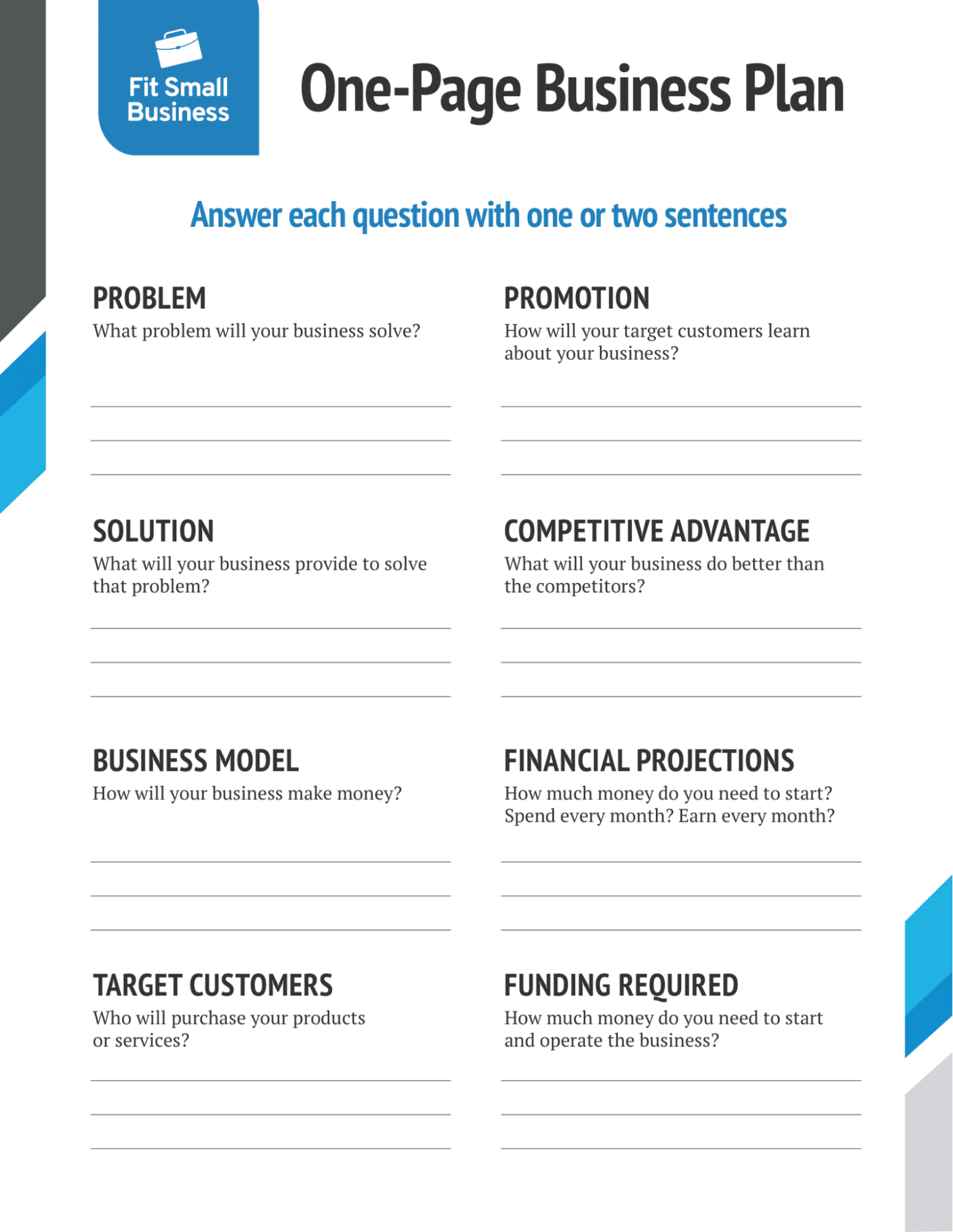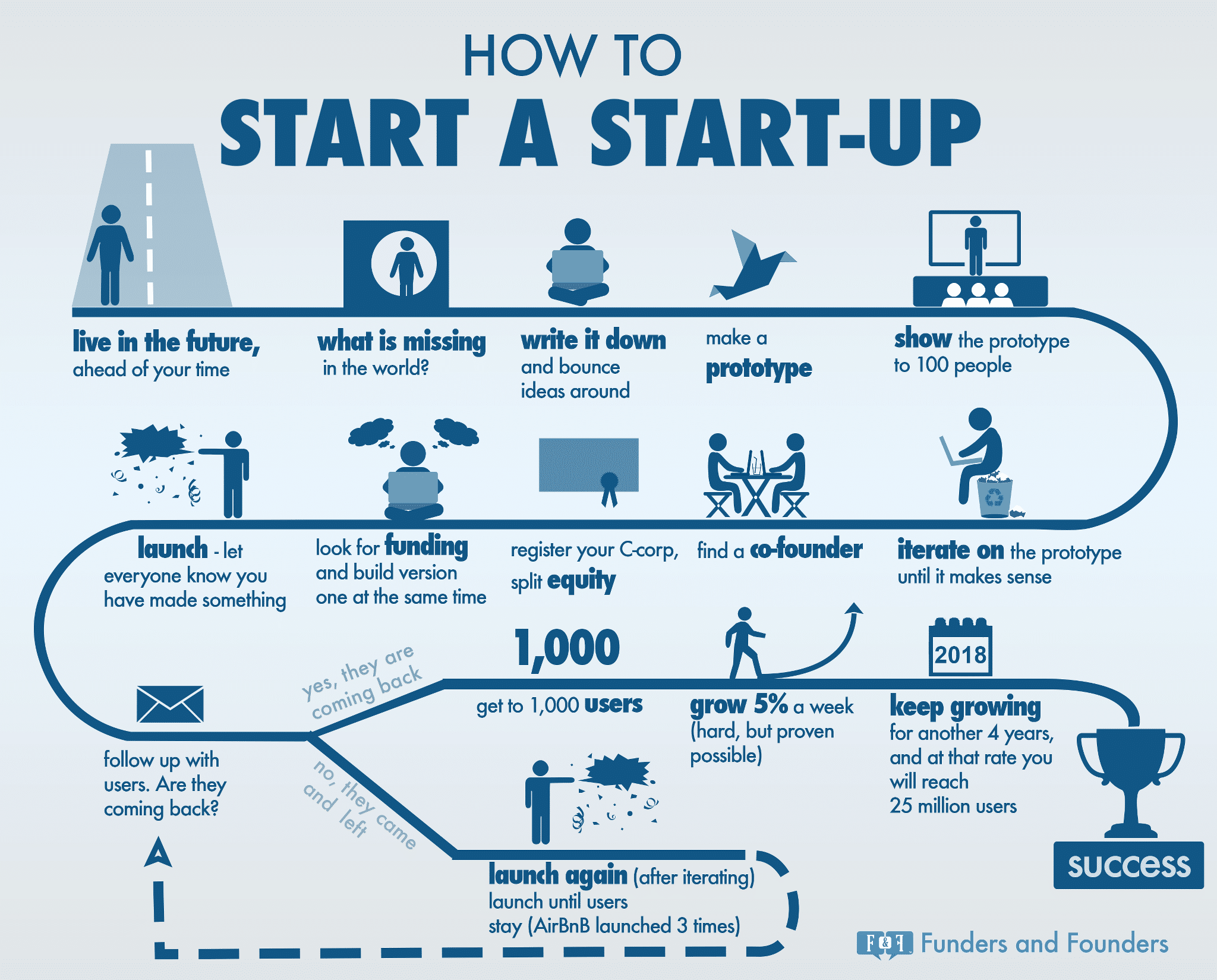
Embarking on the journey of starting a small business can be as exhilarating as it is daunting. Imagine yourself as a captain navigating uncharted waters—the potential for success is vast, but so are the challenges. Whether you're a seasoned entrepreneur or a first-time business owner, having a clear strategy is crucial. In this article, we'll explore the top strategies for starting a small business successfully, ensuring you have the tools and knowledge to turn your dreams into reality.
Understanding the Basics: The Business Plan
Why a Business Plan is Essential
A well-crafted business plan is the roadmap to your success. It outlines your goals, strategies, target market, and financial projections. Think of it as your compass, guiding you through the stormy seas of entrepreneurship. Without a business plan, you're like a ship without a rudder, drifting aimlessly.
Components of a Strong Business Plan
- Executive Summary: A concise overview of your business, its mission, and objectives.
- Company Description: Detailed information about your business, including its structure and the problems it solves.
- Market Analysis: Comprehensive research on your industry, target market, and competitors.
- Organization and Management: Details about your business structure, ownership, and management team.
- Service or Product Line: Description of what you're selling and how it benefits your customers.
- Marketing and Sales Strategy: Your plan for reaching and converting customers.
- Funding Request (if applicable): How much money you need and how you plan to use it.
- Financial Projections: Forecasts of your income, expenses, and cash flow.
Conducting Effective Market Research
The Importance of Market Research
Market research is the foundation upon which your business is built. It helps you understand your target audience, identify gaps in the market, and tailor your products or services to meet customer needs. Without thorough market research, you're essentially shooting in the dark.
Steps to Conduct Market Research
- Identify Your Target Audience: Who are your ideal customers? What are their demographics, interests, and pain points?
- Analyze Your Competitors: Who are your main competitors? What are their strengths and weaknesses?
- Gather Data: Use surveys, interviews, and secondary research to collect valuable insights.
- Analyze the Data: Interpret the data to identify trends, opportunities, and threats.
- Implement Your Findings: Use the insights to refine your business plan and marketing strategy.
Financial Planning: The Backbone of Your Business
Why Financial Planning is Crucial
Financial planning is the backbone of your business. It ensures you have the funds to operate, grow, and weather any storms. A solid financial plan helps you manage cash flow, make informed decisions, and attract investors.
Key Elements of Financial Planning
- Startup Costs: Determine how much money you need to launch your business.
- Revenue Projections: Estimate your future income based on market research and sales forecasts.
- Expense Budget: Outline your ongoing expenses, including rent, salaries, and marketing costs.
- Cash Flow Statement: Track your incoming and outgoing cash to ensure you have enough funds to operate.
- Break-Even Analysis: Calculate when your business will start making a profit.
Startup Tips: Navigating the Early Stages
Common Pitfalls to Avoid
Starting a business is fraught with challenges. Common pitfalls include underestimating startup costs, neglecting market research, and failing to adapt to changes. Avoid these mistakes by being proactive, flexible, and well-informed.
Essential Startup Tips
- Stay Organized: Keep meticulous records of your finances, customer interactions, and business operations.
- Build a Strong Team: Surround yourself with talented, dedicated individuals who share your vision.
- Embrace Technology: Leverage technology to streamline operations, reach customers, and stay competitive.
- Network: Connect with other entrepreneurs, industry experts, and potential customers to build relationships and gain insights.
- Be Adaptable: The business landscape is constantly evolving. Stay agile and be ready to pivot when necessary.
The Entrepreneurial Mindset: Cultivating Success
The Power of Mindset
Your mindset is a powerful tool that can either propel you to success or hold you back. Cultivating an entrepreneurial mindset involves embracing risk, staying resilient, and maintaining a growth mindset.
Tips for Developing an Entrepreneurial Mindset
- Embrace Failure: View failures as learning opportunities rather than setbacks.
- Stay Curious: Continuously seek knowledge and stay updated on industry trends.
- Practice Self-Care: Entrepreneurship can be stressful. Prioritize your physical and mental well-being.
- Set Clear Goals: Define your short-term and long-term goals and create a plan to achieve them.
- Seek Mentorship: Learn from experienced entrepreneurs who have walked the path before you.
Conclusion: Your Journey to Success
Starting a small business is a journey filled with excitement, challenges, and endless possibilities. By crafting a solid business plan, conducting thorough market research, and implementing effective financial planning, you're setting yourself up for success. Remember, the path to entrepreneurship is not linear—it's filled with twists and turns. Stay resilient, adaptable, and always keep your eyes on the horizon.
FAQs
What are the most important elements of a business plan?
- The most important elements of a business plan include an executive summary, company description, market analysis, organization and management, service or product line, marketing and sales strategy, funding request (if applicable), and financial projections.
How can I conduct effective market research?
- Effective market research involves identifying your target audience, analyzing your competitors, gathering data through surveys and interviews, analyzing the data to identify trends, and implementing your findings to refine your business plan.
Why is financial planning crucial for a small business?
- Financial planning is crucial because it ensures you have the funds to operate, grow, and weather any financial storms. It helps you manage cash flow, make informed decisions, and attract investors.
What are some common pitfalls to avoid when starting a small business?
- Common pitfalls include underestimating startup costs, neglecting market research, failing to adapt to changes, and not staying organized.
How can I develop an entrepreneurial mindset?
- Developing an entrepreneurial mindset involves embracing failure, staying curious, practicing self-care, setting clear goals, and seeking mentorship from experienced entrepreneurs.


By following these top strategies, you're well on your way to turning your small business dreams into a thriving reality. Embrace the journey, stay focused, and never stop learning. Your success story is waiting to be written.
Posting Komentar